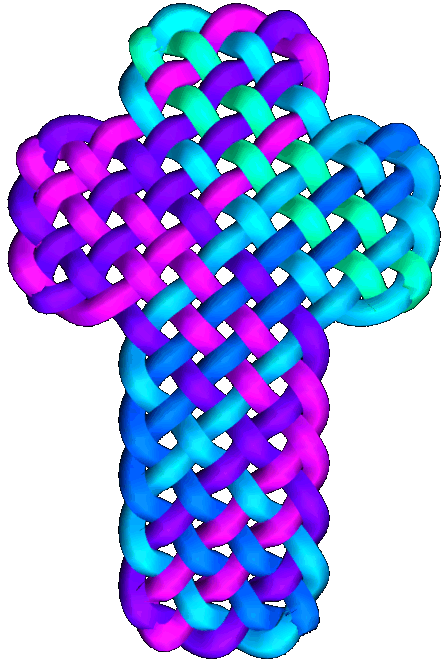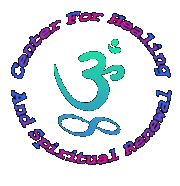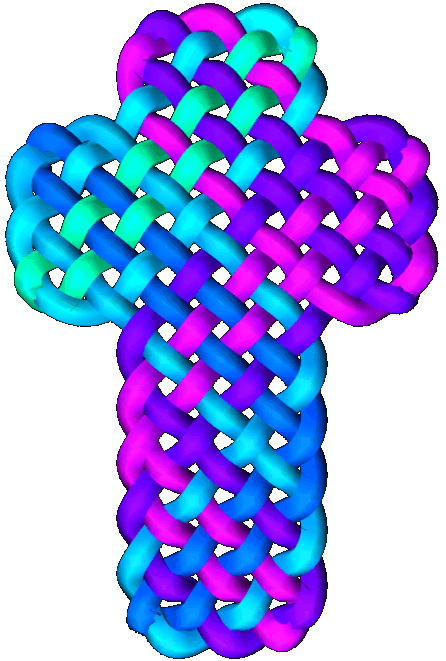|
|
|

|

|

|
Moreover the LORD spake unto Moses, saying,
Take thou also unto thee principal spices, of pure myrrh five hundred shekels, and of sweet cinnamon half so much, even two hundred and fifty shekels, and of sweet calamus two hundred and fifty shekels,
And of cassia five hundred shekels, after the shekel of the sanctuary, and of oil olive an hin:
And thou shalt make it an oil of holy ointment, an ointment compound after the art of the apothecary: it shall be an holy anointing oil.
And thou shalt anoint the tabernacle of the congregation therewith, and the ark of the testimony,
And the table and all his vessels, and the candlestick and his vessels, and the altar of incense,
And the altar of burnt offering with all his vessels, and the laver and his foot.
And thou shalt sanctify them, that they may be most holy: whatsoever toucheth them shall be holy.
And thou shalt anoint Aaron and his sons, and consecrate them, that they may minister unto me in the priest's office.
And thou shalt speak unto the children of Israel, saying, This shall be an holy anointing oil unto me throughout your generations.
Upon man's flesh shall it not be poured, neither shall ye make any other like it, after the composition of it: it is holy, and it shall be holy unto you.
Whosoever compoundeth any like it, or whosoever putteth any of it upon a stranger, shall even be cut off from his people.
And the LORD said unto Moses, Take unto thee sweet spices, stacte, and onycha, and galbanum; these sweet spices with pure frankincense: of each shall there be a like weight:
And thou shalt make it a perfume, a confection after the art of the apothecary, tempered together, pure and holy:
And thou shalt beat some of it very small, and put of it before the testimony in the tabernacle of the congregation, where I will meet with thee: it shall be unto you most holy.
And as for the perfume which thou shalt make, ye shall not make to yourselves according to the composition thereof: it shall be unto thee holy for the LORD.
Whosoever shall make like unto that, to smell thereto, shall even be cut off from his people.